Earth
Sign up for our newsletter
We summarize the week's scientific breakthroughs every Thursday.
-
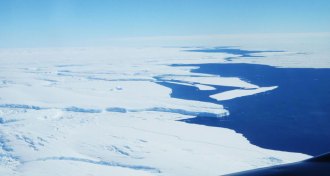 Earth
EarthWind may be driving the melting of East Antarctica’s largest glacier
Winds may be helping warm ocean waters speed up the melting of East Antarctica’s largest glacier.
-
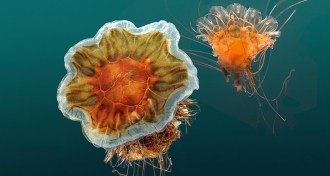 Animals
AnimalsHere’s the real story on jellyfish taking over the world
In 'Spineless,' a former marine scientist reconnects with the seas and science through her obsession with these enigmatic creatures.
-
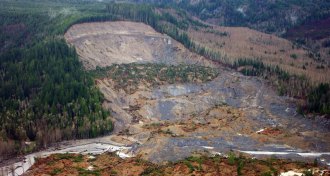 Earth
EarthA deadly 2014 landslide’s power came from soils weakened by past slides
Researchers reconstruct how a hillside failed, producing the deadly 2014 Oso landslide.
-
 Animals
AnimalsClimate change may threaten these bamboo-eating lemurs
Longer dry spells and more nutrient-poor bamboo might eventually doom the greater bamboo lemur, a critically endangered species.
By Susan Milius -
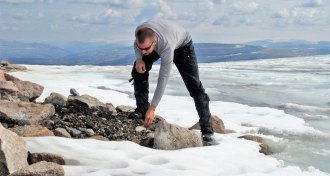 Climate
ClimateAs ice retreats, frozen mosses emerge to tell climate change tale
Plants long entombed beneath Canadian ice are now emerging, telling a story of warming unprecedented in the history of human civilization.
-
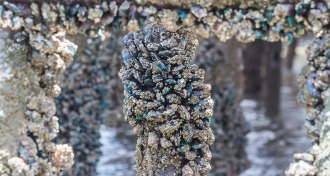 Life
LifeA new material may one day keep mussels off piers and boat hulls
Mussels don’t stick to a new lubricant-infused silicone material.
-
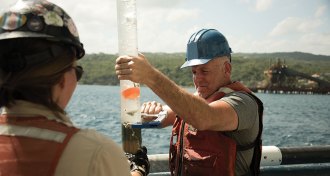 Climate
Climate‘Killer Hurricanes’ reconstructs the past to predict storms of the future
Geologists find clues to the future of deadly hurricanes, written in stone and sand, in the new NOVA documentary “Killer Hurricanes.”
-
 Environment
EnvironmentPollution killed 9 million people in 2015
First global look estimates the massive human and financial toll caused by pollution-related health problems.
By Laura Beil -
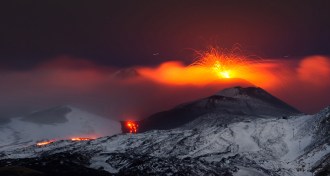 Earth
EarthHow volcanoes may have ended the dynasty of Ptolemy and Cleopatra
Volcanic ash in polar ice reveal a link between eruptions and the timing of revolts in Cleopatra’s Egypt.
-
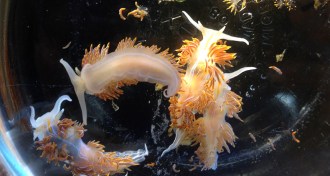 Oceans
OceansHere’s a breakdown of the animals that crossed the Pacific on 2011 tsunami debris
Hundreds of marine animals from Japan have washed up on U.S. beaches since the destructive 2011 earthquake and tsunami.
-
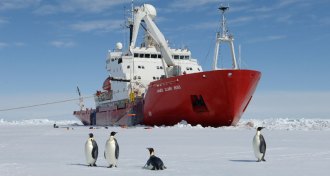 Earth
EarthWhen the Larsen C ice shelf broke, it exposed a hidden world
Scientists plan urgent missions to visit the world the Larsen C iceberg left behind.
-
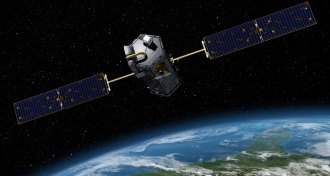 Climate
ClimateDuring El Niño, the tropics emit more carbon dioxide
El Niño increases carbon emissions from the tropics — mimicking future climate change.